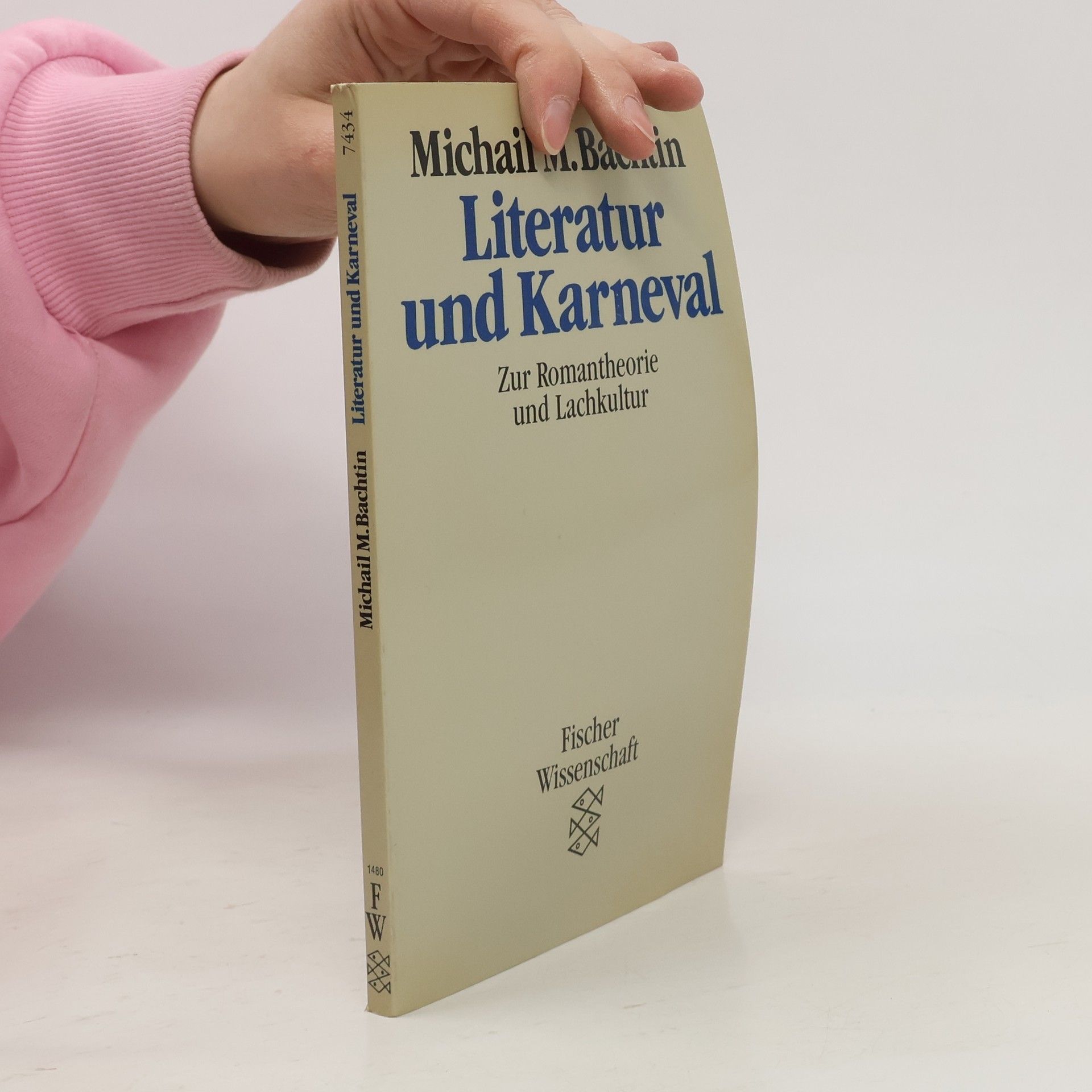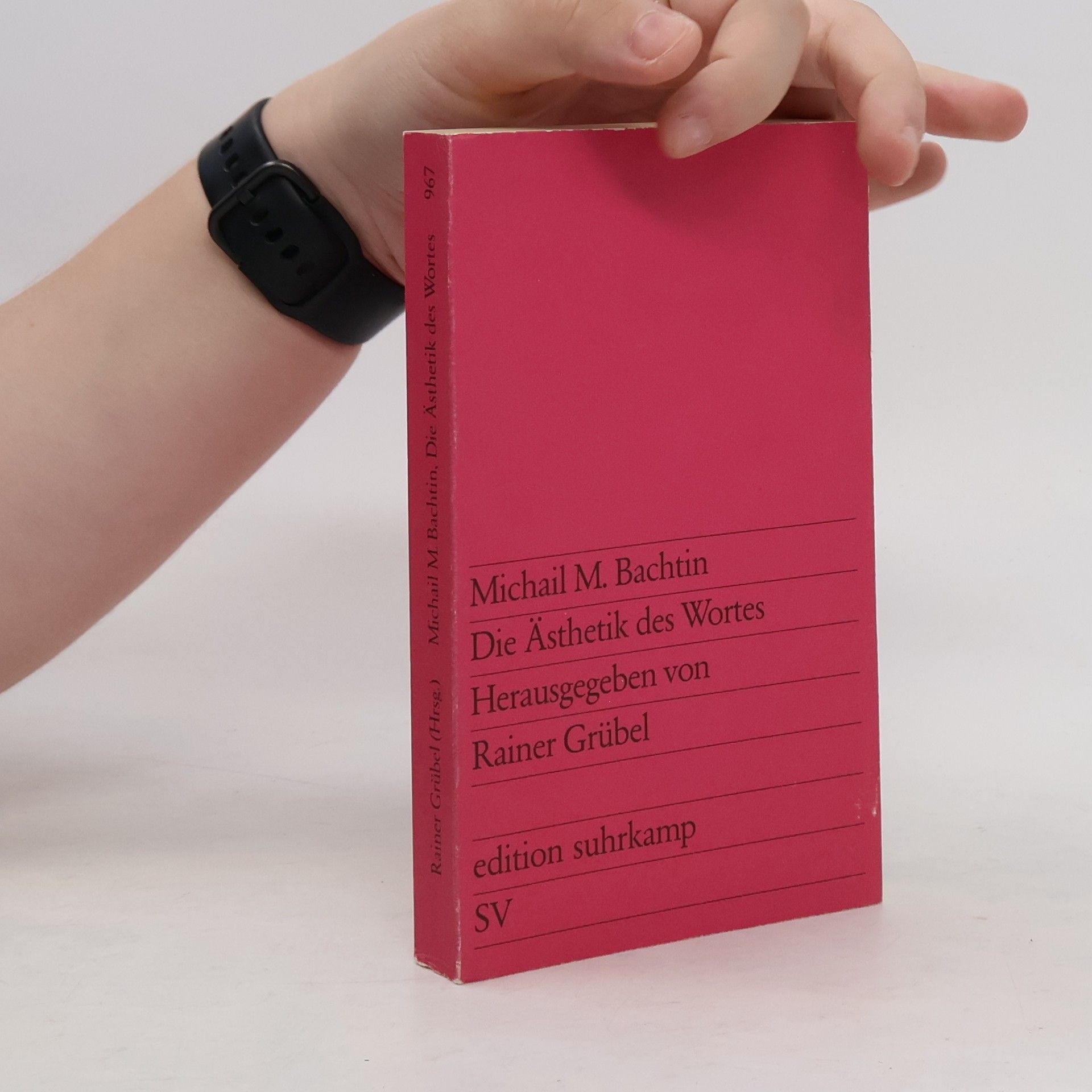Literárně-teoretická studie věnovaná problematice románu, jeho folklórnímu původu a vývoji jednotlivých románových žánrů. Kniha shrnuje studie z půlstoletí autorovy tvůrčí aktivity, představující ucelený pohled na danou problematiku: Epos a román (o metodologii zkoumání románu), Promluva v románu, Z předhistorie románové promluvy, Čas a chronotop v románu (Studie z historické poetiky), Rabelais a Gogol (Umění slova a lidová smíchová kultura), Problém obsahu, materiálu a formy ve slovesné umělecké tvorbě.
Michail Michajlovič Bachtin Knihy

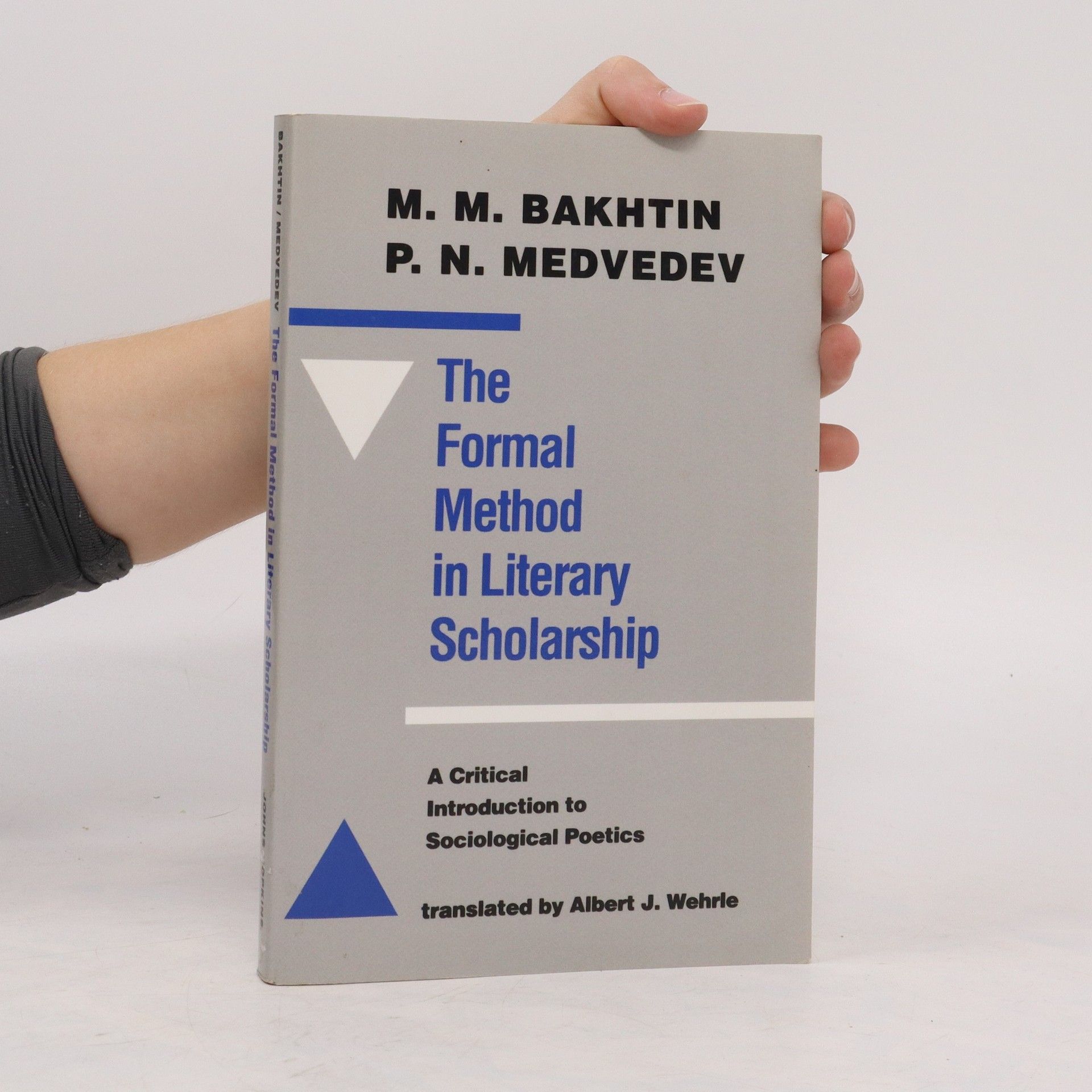
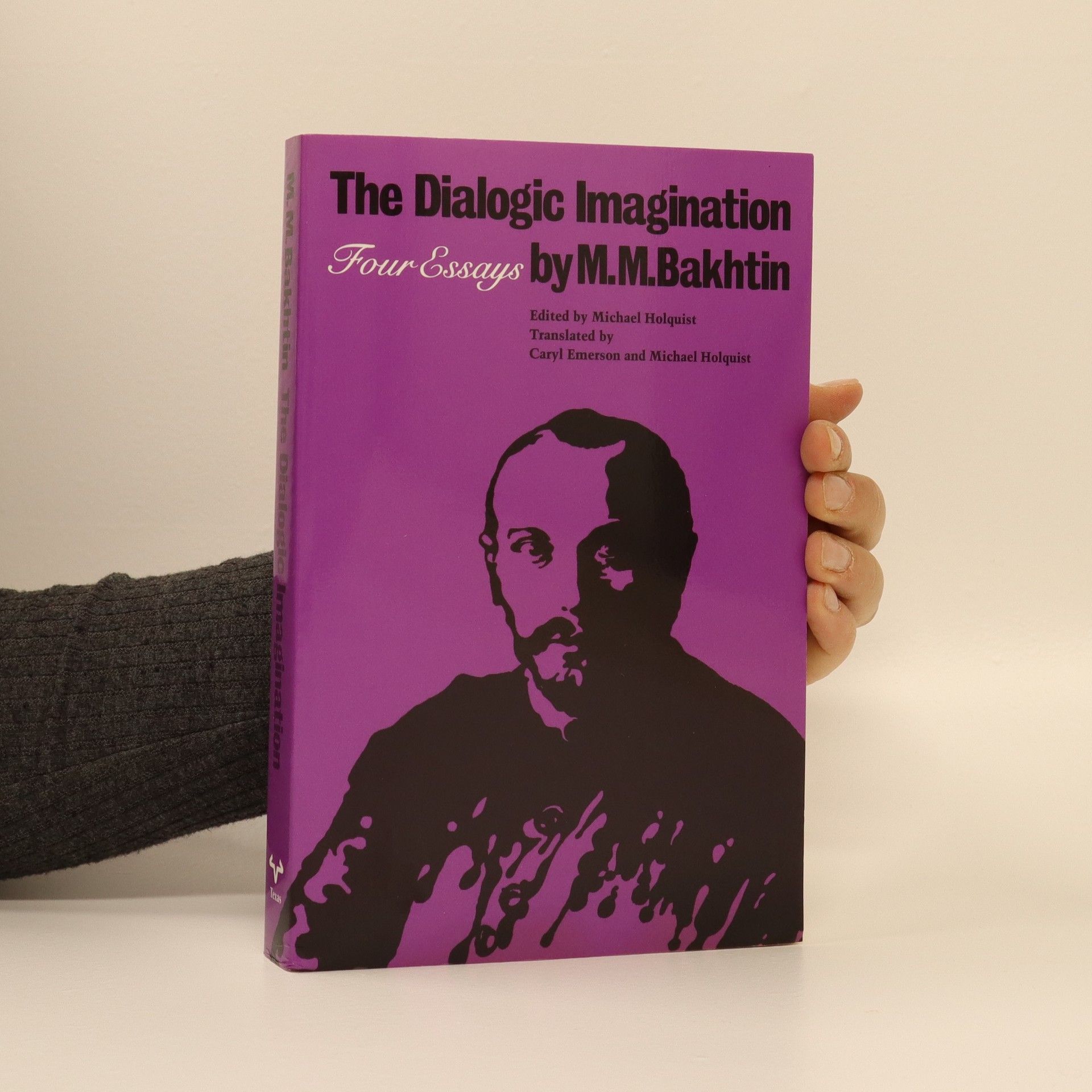
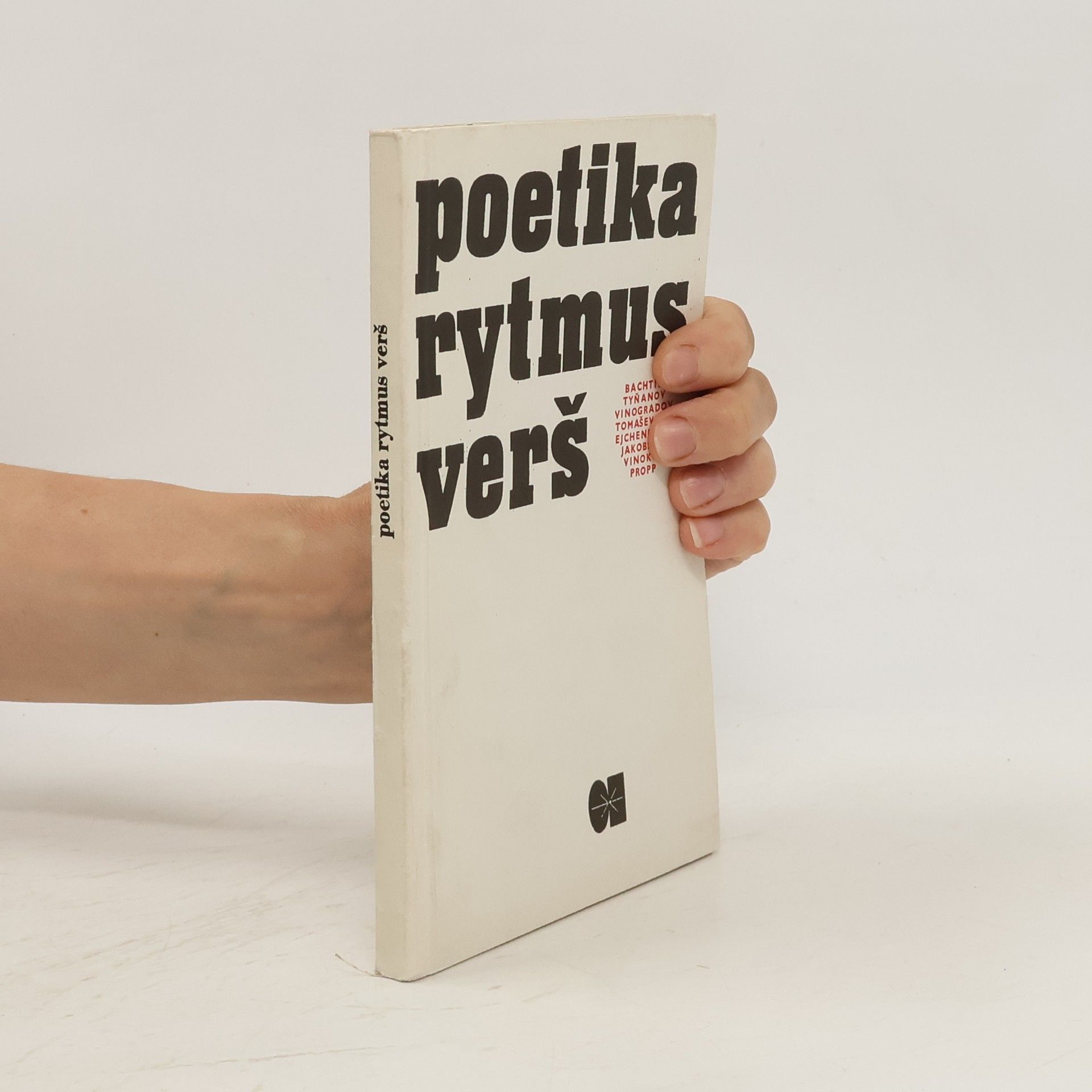

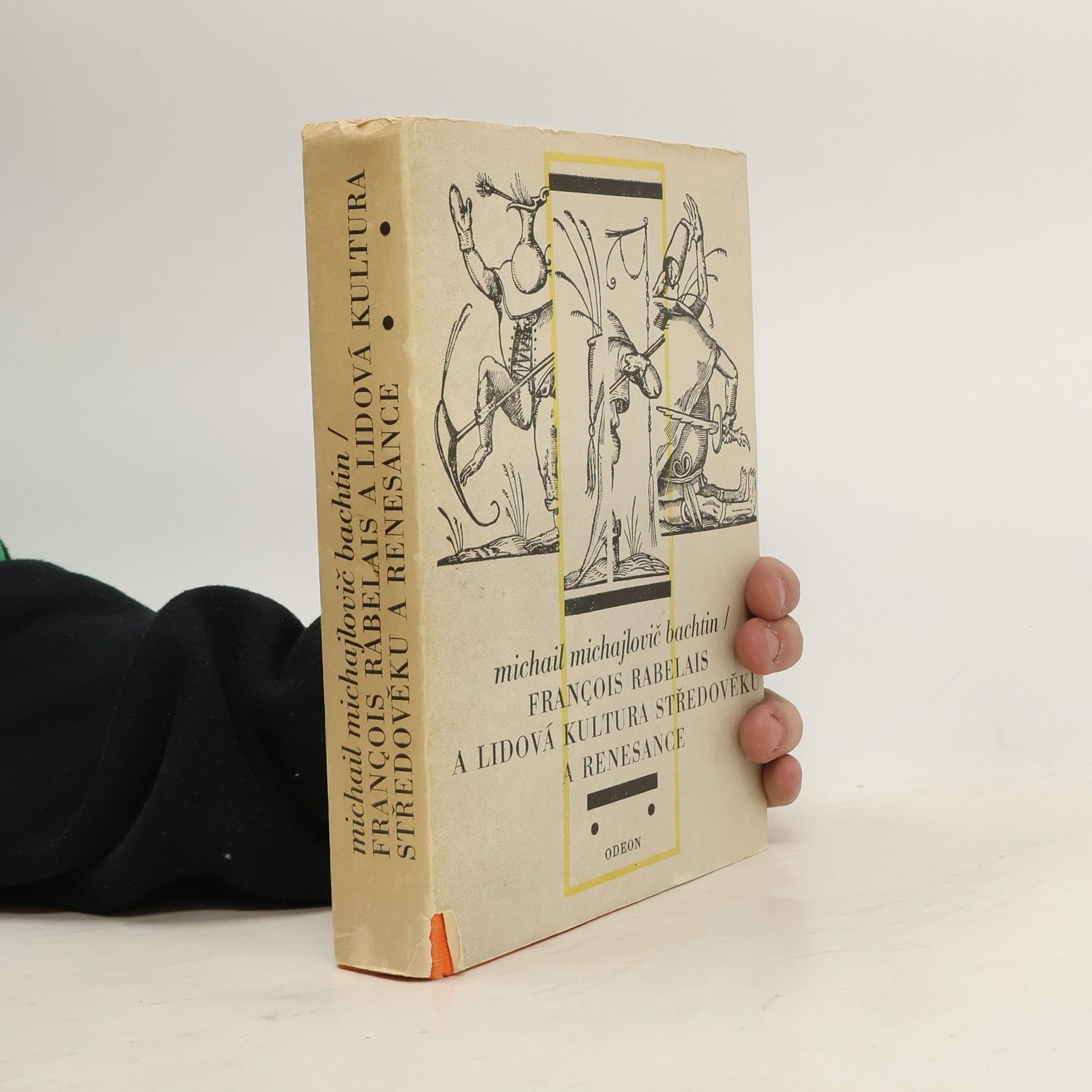
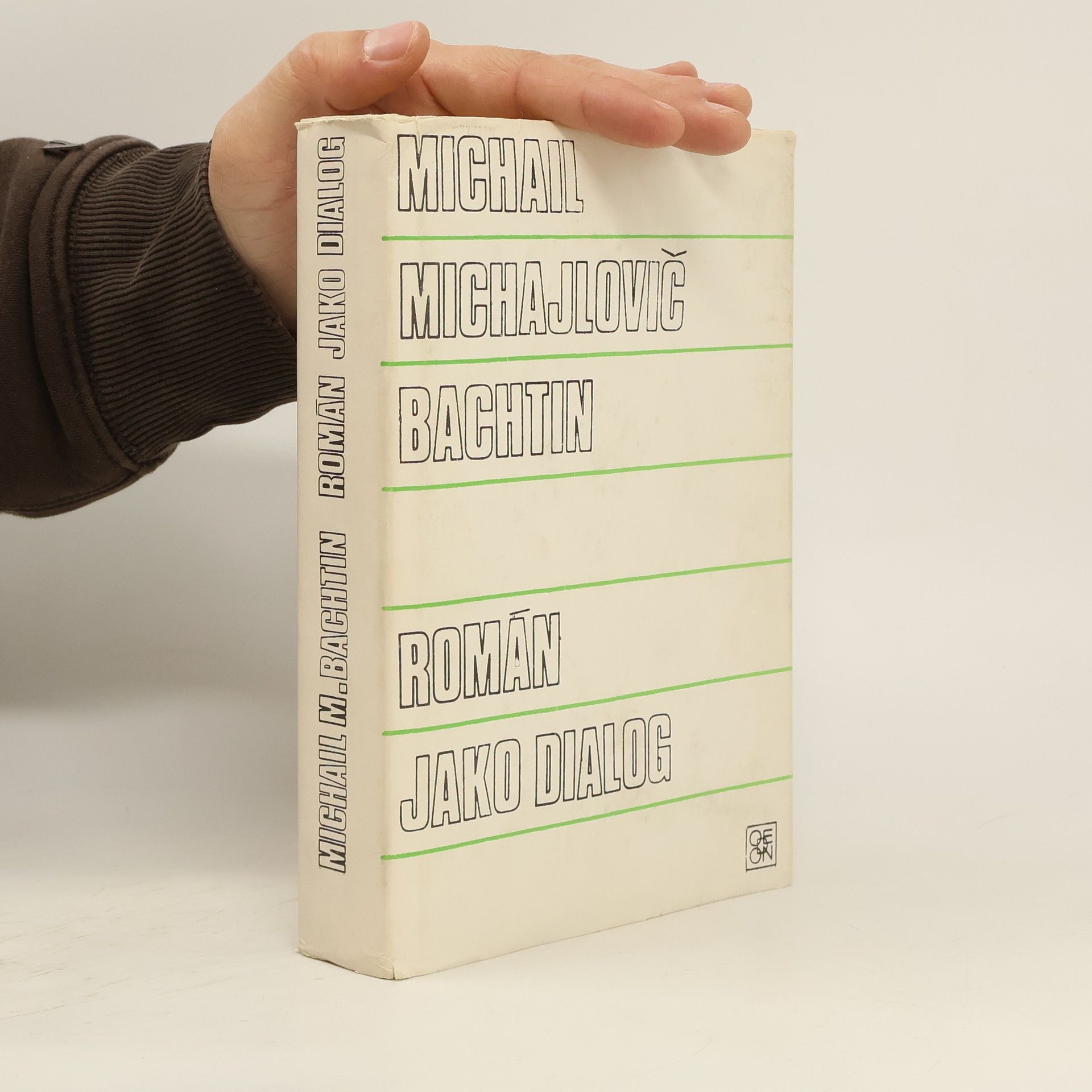
Práce významného sovětského literárního vědce je spíše než monografií o francouzském renesančním spisovateli pojednáním o podstatě, projevech a vývoji lidové smíchové kultury ve středověku a za renesance, přičemž autor zkoumá především tři projevy této kultury - karnevalové slavnosti, parodickou slovesnost a femiliární hovorovou řeč. Takto koncipovaný výklad lidové smíchové kultury vytváří přitom základnu pro interpretaci neobyčejného množství rozmanitých děl a projevů z různých národních kultur, takových, které nebyly dosud uspokojivě pochopeny a vyloženy.
Svazek obsahuje jednak práci Formální metoda v literární vědě s podtitulem Kritický úvod do sociologické poetiky, zabývající se předmětem a úkoly marxistické lit. vědy, dějinami formální metody, formální metodou v poetice a formální metodou v dějinách literatury, a jednak práci Slovo vživotě a slovo v poezii s podtitulem K otázkám sociologické poetiky.
Sborníček z moderní sovětské literární vědy, jehož uspořádání navrhl známý tartuský literární vědec J. Lotman. Je zaměřen k okruhu ruské formální školy a zahrnuje práce J. Tyňanova, R. Jakobsona (Problémy zkoumání jazyka a literatury), B. Ejchenbauma (Melodika verše), B. Tomašovského (Verš a rytmus), R. Jakobsona (O realismu v umění), J. Tyňanova (O podstatě filmu), V. Proppa (Transformace čarodějných pohádek), M. Bachtina (Řeč hrdiny a narativní řeč v románech Dostojevského), V. Vinogradova (Závěr ze studie "O úkolech stylistiky"), G. Vinokura (Poetika, lingvistika, sociologie).
The dialogic imagination: Four essays
- 444 stránek
- 16 hodin čtení
These essays reveal Mikhail Bakhtin (1895-1975)—known in the West largely through his studies of Rabelais and Dostoevsky—as a philosopher of language, a cultural historian, and a major theoretician of the novel. The Dialogic Imagination presents, in superb English translation, four selections from Voprosy literatury i estetiki (Problems of literature and esthetics), published in Moscow in 1975. The volume also contains a lengthy introduction to Bakhtin and his thought and a glossary of terminology. Bakhtin uses the category "novel" in a highly idiosyncratic way, claiming for it vastly larger territory than has been traditionally accepted. For him, the novel is not so much a genre as it is a force, "novelness," which he discusses in "From the Prehistory of Novelistic Discourse." Two essays, "Epic and Novel" and "Forms of Time and of the Chronotope in the Novel," deal with literary history in Bakhtin's own unorthodox way. In the final essay, he discusses literature and language in general, which he sees as stratified, constantly changing systems of subgenres, dialects, and fragmented "languages" in battle with one another.
The Formal Method in Literary Scholarship: A Critical Introduction to Sociological Poetics
- 224 stránek
- 8 hodin čtení
Michail M. Bachtin (1885-1975) hat in diesem Werk in Auseinandersetzung mit der russischen und deutschen Ästhetik und dem Saussureschen Sprachbegriff eine eigene semiotische Literaturtheorie entwickelt. Entfaltet wird sie am Beispiel des Werkes von François Rabelais. Denn um diesen Klassiker der Weltliteratur zu verstehen, ist nach Bachtin eine grundlegende Neuformulierung (literar-)ästhetischer und kulturtheoretischer Fragestellungen erforderlich. Welches ist die Relation eines literarischen Werkes zu seinem Kontext? In welcher Beziehung steht es zu den kulturellen und literarischen Traditionen - bei Rabelais heißt dies: in welcher Weise hat die volkstümliche Lachkultur sein Werk geprägt?
Chronotopos
- 242 stránek
- 9 hodin čtení
Als Michail M. Bachtins 1973 beendeter Essay zum Chronotopos erstmals in deutscher Übersetzung erschien, stand die Bachtin-Rezeption hierzulande ganz im Zeichen von Karnevalismus, Polyphonie und Dialogizität. Der Vorschlag des Autors, die Kategorie des Raums in der Romananalyse stärker zu gewichten, stieß auf vergleichsweise geringes Interesse. Aus heutiger Perspektive erweist sich sein Hinweis auf die untrennbare Einheit von Raum und Zeit im Roman als früher Beitrag zu einer Theorieentwicklung, die gegenwärtig als der spatial turn diskutiert wird. Die Wiederauflage des vergriffenen Essays Formen der Zeit und des Chronotopos im Roman mit einem Nachwort, das Bachtins »Raumzeit« theoriegeschichtlich kontextualisiert, möchte Anschlußmöglichkeiten für die aktuellen Raumdebatten in den Geschichts-, Sozial- und Literaturwissenschaften eröffnen.
Unser Band vereinigt Aufsätze, die in den Jahren 1919-1974 entstanden sind. Sie gelten dem ästhetischen Problem des Wechselverhältnisses von Inhalt, Material und Form in der Wortkunst, der Struktur- und Funktionsgeschichte des Wortes im Roman, dem Gegensatz von offizieller und inoffizieller Lachkultur bei Rabelais und Gogol sowie einer Kritik der strukturalistischen Literaturwissenschaft.


